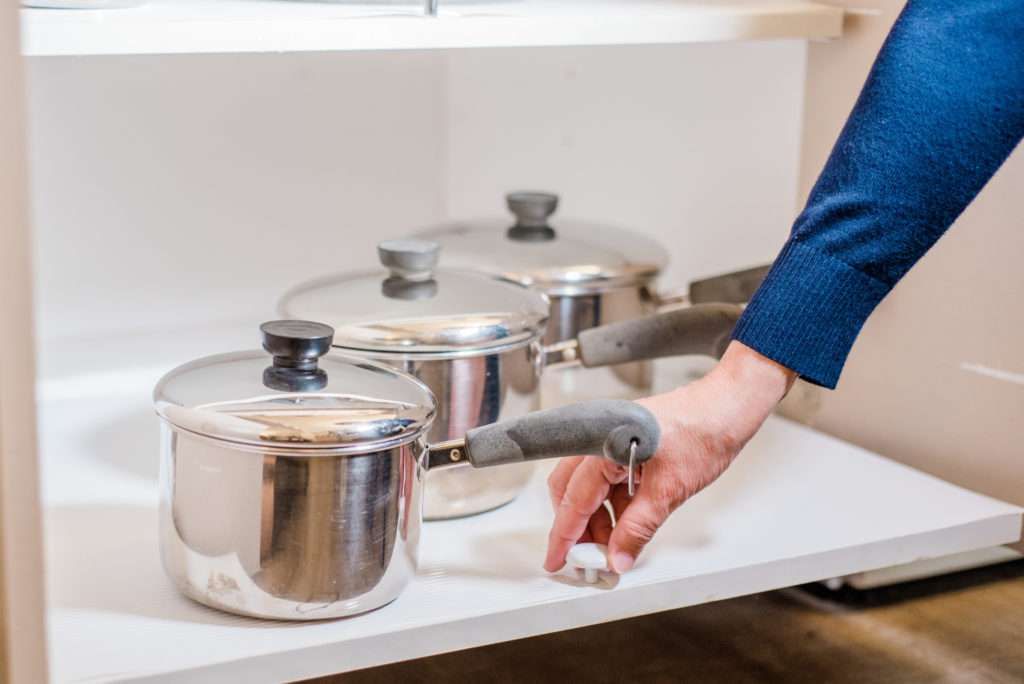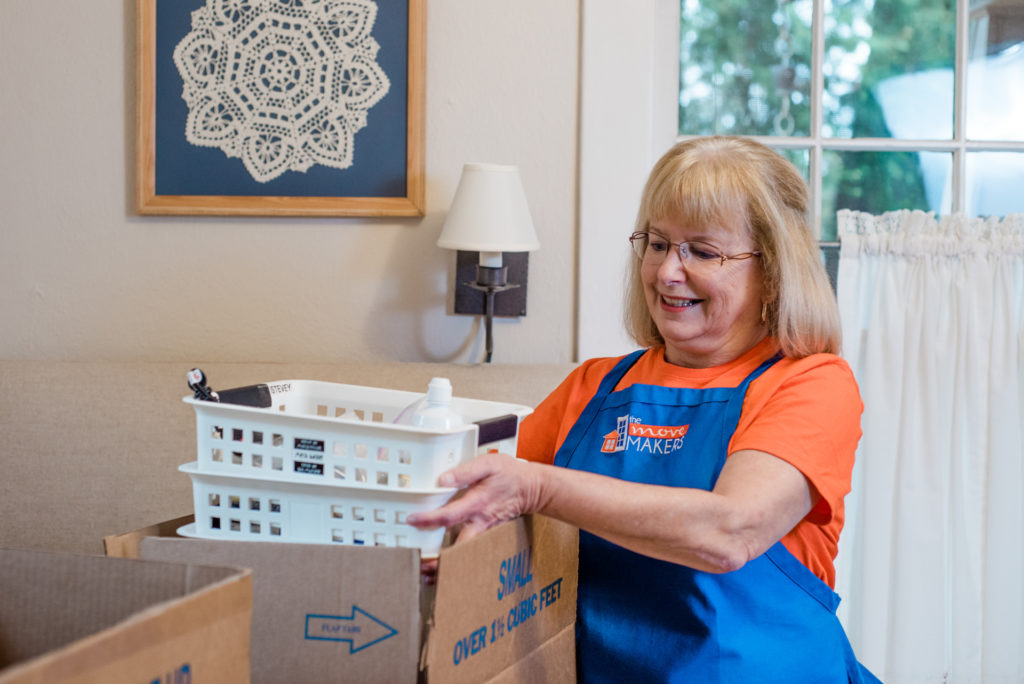Welcome to 2019! If you’re like most Americans you have made resolutions to exercise more, lose weight and get organized. Why is getting organized so high on the list of things to accomplish? It could be because it has been nagging at you for so long. You know you could do more if only you didn’t have to contend with so much clutter and disorder. Studies support this. Neuroscientists at Princeton have shown that clutter has a negative impact on your ability to be productive and focus. It bombards the brain with unimportant information. Psychologists at UCLA confirmed this with a study of families and their clutter. They determined that physical clutter overloads your senses and causes stress. This, in turn, decreases creativity.
Clutter can elicit many negative feelings: embarrassment, loss of self-esteem and guilt from having purchased so much stuff in the first place. We want to reduce our amount of stuff, but other feelings interfere with us doing this. Our items may have sentimental value and the more you have touched them over the years, the harder time you will have in letting them go. Ohio State University researchers have shown a correlation with the duration of physical contact with objects and how much value you place on them. The more you touch, the higher the value. This is why the Apple corporation has large showrooms where you can touch their high tech items for sale.


The Institute for Challenging Disorganization has a tool for measuring the magnitude of your clutter. It’s called the Clutter-Hoarding Scale©. It is a tool used by professional organizers when doing a residential assessment. There are five levels with five categories within each level. It starts with Level I Green – Low and ends with Level V Red – Severe. At Level III, the clutter obstructs functions in key living areas. By Level V, key living spaces are unusable. Hoarding is an extreme in household clutter. People with hoarding disorder have difficulty discarding items because of strong perceived need to save the items and/or the distress associated with discarding them. Special intervention is required for this disorder.
It can actually physically hurt to part with your stuff, too. At least that’s what research at Yale University pointed out. They identified two areas in the brain associated with pain that light up in response to letting go of items. People make a financial and emotional commitment to their possessions. Letting go can be traumatic. So? What’s a person to do? A sensitive professional organizer like the ones on staff at The Move Makers can come up with creative ways to keep the memory of the items alive while parting with the physical objects. They can provide strategies for reducing the pain of letting go. They know that once you have made the decision to part with stuff, it will boost your mood and counteract those negative feelings. Make an appointment today with one of our organizers so you can get started in an area of your home. You will feel better for it.
